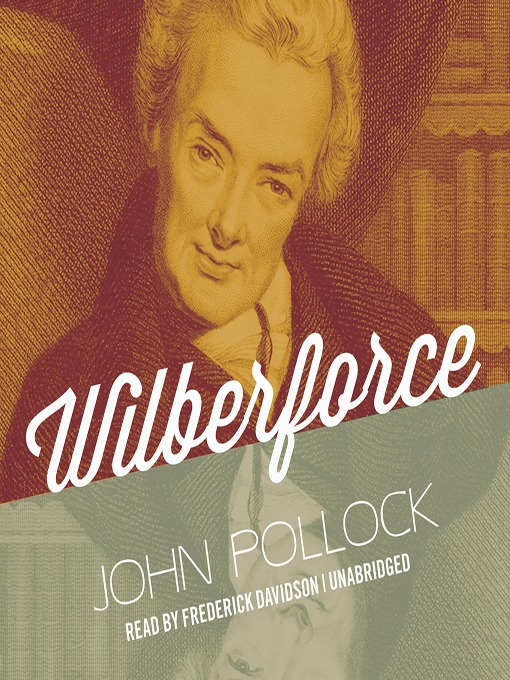Born in Hull in 1759, William Wilberforce was destined to become one of Britain's most influential statesmen, having been influenced himself by men like Whitefield, Wesley, and, most of all, John Newton. Chiefly remembered as the reformer who campaigned for the abolition of the slave trade in England, he was at the heart of British politics for over forty years during the inflammatory times of the French Revolution and the Napoleonic Wars.
Wilberforce introduced his first antislave-trade motion in the House of Commons in 1788 with a speech that lasted three-and-a-half-hours, appealing to the dictates of conscience, the principals of justice, and the law of God. The motion was defeated but Wilberforce continued his campaign until the slave trade was abolished and went on to fight against slavery itself right up to his death. Just as he died on July 29, 1833, Wilberforce was informed that Parliament had finally agreed to the emancipation of slaves.
Drawing on a vast array of previously unpublished manuscripts, John Pollock faithfully records Wilberforce's fight as one of the most courageous and vital political battles in history and presents a full picture of the man: "exciting, lovable, delightful, with faults which must have maddened his friends."

